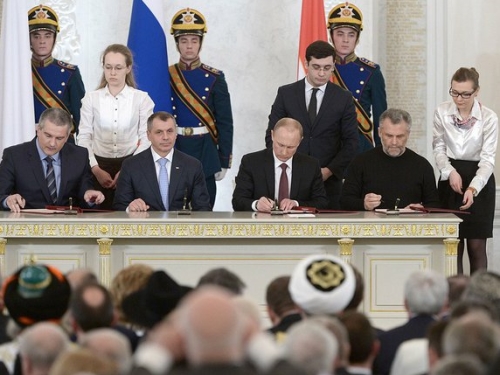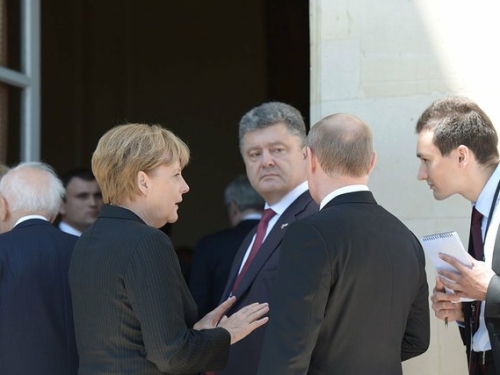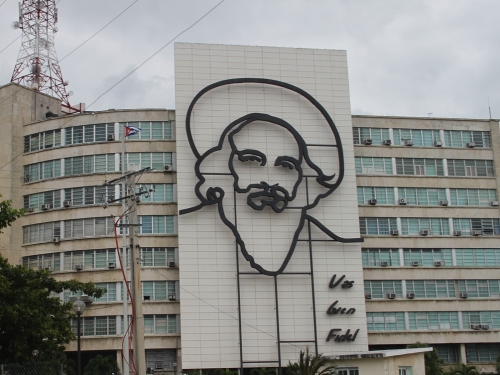
This article was originally published by Agenda, a blog operated by the World Economic Forum, on 4 March, 2015.
In the past four decades, technology has fundamentally altered our lives: from the way we work, to how we communicate, to how we fight wars. These technologies have not been without controversy, and many have sparked intense debates, often polarized or embroiled in scientific ambiguities or dishonest demagoguery.
The debate on stem cells and embryo research, for example, has become a hot-button political issue, involving scientists, policy-makers, politicians and religious groups. Similarly, the discussions on genetically modified organisms (GMOs) have mobilized civil society, scientists and policy-makers in a wide debate on ethics and safety. The developments in genome-editing technologies are just one example that bio research and its impact on market goods are strongly dependent on social acceptance and cannot escape public debates of regulation and ethics. Moreover, requests for transparency are increasingly central to these debates, as shown by movements like Right to Know, which has repeatedly demanded the labelling of GMOs on food products.




